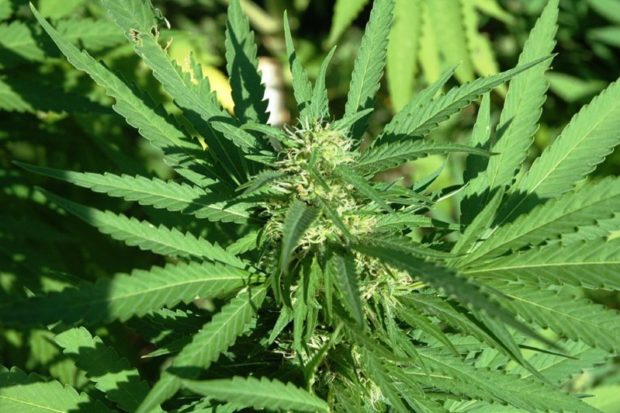
By Michael Green
In a move that could have statewide impact, the Fresno County Board of Supervisors voted to ban the cultivation of medical cannabis anywhere in the unincorporated county. Cannabis activists have mounted a referendum drive that ends Feb. 5. If successful, the referendum would force the Board to either repeal Ordinance 14-001 or place it on the ballot.
Fresno is reportedly the first California county to ban all cannabis cultivation, and cannabis advocates are worried that more may follow. If the referendum fails, the cannabis ban takes effect on Feb. 6. It will take 20,130 valid signatures of registered Fresno County voters for the petition to be certified.
The new ordinance prohibits all cannabis cultivation, both indoors and outdoors, regardless of patient status under Prop 215, the number of plants or other circumstances. Violations can be charged as a criminal misdemeanor, but the more common means of enforcement are expected to be through citations (issued by sheriff’s deputies) and fines starting at $1,000 per plant. The Fresno County Sheriff’s Office has allocated $307,000 for enforcement of the new ordinance this year.
The unanimous vote was recorded Jan. 7 after more than an hour of public comment. Board Chair Andreas Borgeas cited a California Supreme Court ruling, which upheld a ban on medical marijuana dispensaries in the city of Riverside, but the vote came with little comment from other supervisors. At the first reading of the ordinance on Dec. 10, County Counsel Kevin Briggs also read from the Riverside case, telling supervisors that Fresno County’s total growing ban was legally “defensible.”
Medical cannabis patients and advocates filled the Board chamber in downtown Fresno for the Jan. 7 hearing, and all but one speaker opposed the ban. The exception was a female resident of Squaw Valley, one of several rural areas where large-scale growing is being blamed for crime and nuisance complaints.
Several Squaw Valley residents seeking heavier marijuana enforcement attended public hearings in September and October, when the ordinance was first introduced using Kern County’s 2011 growing ordinance as a model. Fresno supervisors endorsed the large fines but balked at Kern’s modest 12-plant growing limit, directing staff to come back with a zero-plant option. The die was cast after a brief exchange between Supervisor Borgeas and Sheriff Margaret Mims at the Oct. 8 public hearing.
Borgeas: “Would you have a problem if this were at a zero-tolerance level for a public nuisance analysis?”
Mims: “I would like to have zero marijuana plants, because it’s still against federal law, however, I think the legal opinion we have to listen to.”
Borgeas: “I haven’t heard the legal opinion yet. There have been ordinances that identified 12 (plants), but I haven’t heard the opinion that we can’t have a zero-tolerance policy for public nuisance. Would you be supportive of that?”
Mims: “I would be supportive, because again, it’s against federal law…The problem is always going to exist whenever there’s a conflict between state law and federal law and county ordinances.”
Fresno County’s current cannabis laws—enacted as urgency ordinances and amended in 2010–2012—are not exactly permissive. Collectives and dispensaries were already banned, and the new ordinance continues that ban. Growing facilities were limited to manufacturing zones with burdensome security and reporting requirements; the Jan. 7 vote repealed those zoning and license provisions. Outdoor growing was already banned; now that ban extends to indoor growing too.
To learn more about the Fresno County cannabis referendum and how you can help in its crucial last days, visit www.fresnocannabis.org/referendum or call 559-270-1411.
*****
Michael Green is a Fresno Web designer and medical cannabis advocate. Contact him at bud@fresnocannabis.org.
